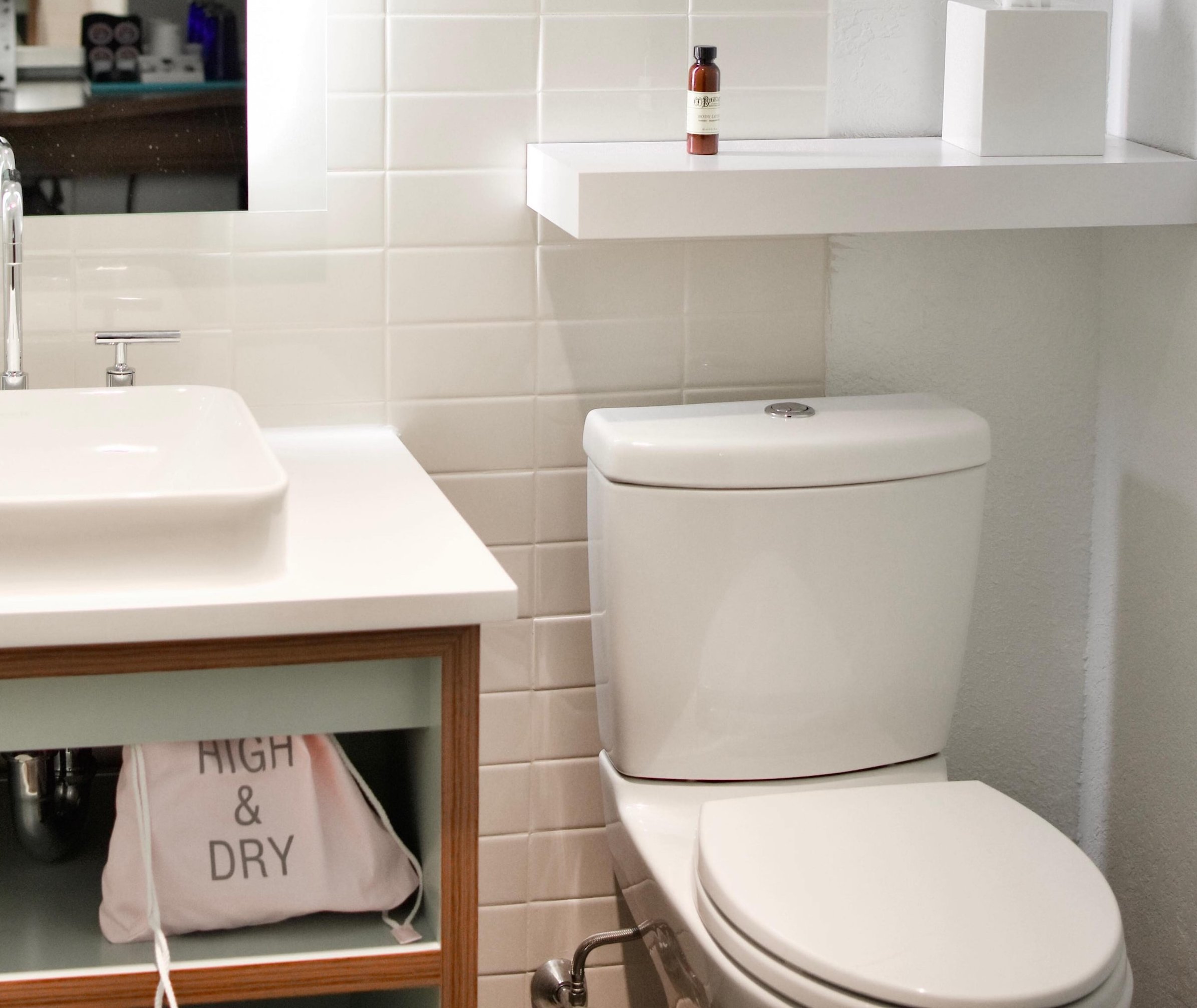Selling and Renting Back Your Property to Avoid Repossession
RH Business Marketing Solutions
In challenging times, selling and renting back your property can be a lifeline to help you keep your home and prevent repossession. This option allows struggling homeowners to find a solution to their financial difficulties while staying in the place they call home.
Financial troubles can happen to anyone, often leading to the fear of losing your property. But by understanding this process, you can take steps to regain control and secure your home's future. This blog will guide you through the essential steps of selling and renting your property. Let's get started on this journey to understanding how this process works.
Assess Your Situation
You must closely examine your financial circumstances and the reasons behind your potential repossession. Ask yourself some essential questions: Are you facing financial difficulties due to a temporary setback, like a job loss or unexpected medical bills, or are these issues more long-term? Knowing your financial situation helps determine if selling and renting are the right solution.
Additionally, consider your outstanding debts, monthly expenses, and the equity in your property. If you have substantial equity in your home, it might be easier to find a buyer who can offer a fair deal. If you're facing a significant repossession threat, it's vital to act quickly and seek professional advice to understand your options fully. This assessment will help you make informed decisions as you move forward in the process.
Find a Buyer
It's important to find a willing and capable buyer to purchase your property at a fair price. Here's how you can go about it:
Consider approaching friends and family who might be interested in buying your home. They could be a dependable source for a quick sale and rental agreement. Another option is to seek a reputable real estate agent to help you find potential buyers. Real estate professionals have the expertise to market your property effectively and connect you with interested parties.
You can also explore online platforms and listing services to market your property to a broader audience. Websites like Zillow, Trulia, or Realtor.com are popular choices for advertising your home.
In some cases, property investment companies or investors might be interested in buying your property, particularly if it's in a desirable location or has significant value. These buyers often specialize in quick transactions, which could help you avoid repossession.
Negotiate the Sale
Negotiating the sale of your property is a critical phase in selling and renting back to avoid repossession. This step involves reaching an agreement with the buyer on the terms of the sale, which includes the selling price, any conditions, and the timeline. Here's what you should consider:
Price: You and the buyer need to agree on a fair price for both parties. This price may be based on the market value of your property or what you owe on your mortgage.
Conditions: Discuss any conditions that should be part of the sale, such as repairs, property inspections, or specific timelines. Make sure you are clear about what is expected from both sides.
Timeline: Determine when the sale will be finalized. Some buyers want to complete the transaction quickly, while others may be more flexible. Be clear about your timeline and constraints. For example, if your property needs some repairs or renovations, negotiate with the buyer to decide who will be responsible for these costs. Be prepared to discuss the price and terms with multiple potential buyers to find the best fit for your situation.
The key is to arrive at a mutual agreement that works for both you and the buyer before moving on to completing the sale. Open and honest communication is essential throughout this process to avoid misunderstandings or conflicts later on.
Complete the Sale
Completing the sale of your property involves the creation of a legal contract that outlines all the agreed-upon terms, including the selling price, conditions, and closing date. You will transfer the property title to the buyer, signifying the legal transfer of ownership. Be sure to account for any closing costs associated with the sale, such as agent fees, legal fees, and any outstanding debts or liens on the property.
Before finalizing the sale, the buyer may conduct a final walkthrough of the property to ensure it is in the agreed-upon condition. It's important to ensure that any repairs or improvements you've agreed to make are completed before the closing date and that all necessary paperwork and legal requirements are for a smooth and legally sound sale. If you encounter any challenges during this phase, consulting with a professional may be beneficial to ensure a successful completion of the sale.
Rent Back Your Property
After completing the sale, you'll enter into a rental agreement with the new property owner, allowing you to remain in your home. This rental agreement should outline the terms, including monthly rent, duration, and additional conditions. Renting back provides stability, enabling you to continue living in your home and avoid the upheaval of moving to a new location. It's essential to clarify responsibilities for maintenance and repairs in the rental agreement.
Depending on the buyer, they may take on these responsibilities, making the arrangement even more convenient. For instance, if you've sold your home to an investor experienced in renting out properties, they may offer a suitable option for renting back. Ensure that the rental agreement is well-documented and that both parties clearly understand their roles and responsibilities.
Renting back can be a temporary or long-term solution, depending on your unique circumstances and the agreement you reach with the new owner. This arrangement can provide valuable stability while helping you address your financial challenges.
Take Control of Your Home's Destiny
Selling and renting your property to avoid repossession can be a lifeline for homeowners facing financial difficulties and the threat of losing their homes. It offers a way to find financial stability while keeping the place you cherish.
By following the steps outlined in this blog, including assessing your situation, finding a suitable buyer, negotiating the sale, completing the transaction, and entering into a well-documented rental agreement, you can confidently navigate this challenging situation.
It's important to remember that while this approach can provide a temporary or long-term solution, it's with potential risks. Make sure you seek professional advice, carefully consider the terms and conditions of the sale and rental agreement, and choose reputable buyers to ensure a successful outcome.
Ultimately, the goal is to secure your home's future and regain financial stability. With the right knowledge and careful planning, you can use this strategy to avoid repossession and create a more secure financial future for yourself and your family.










